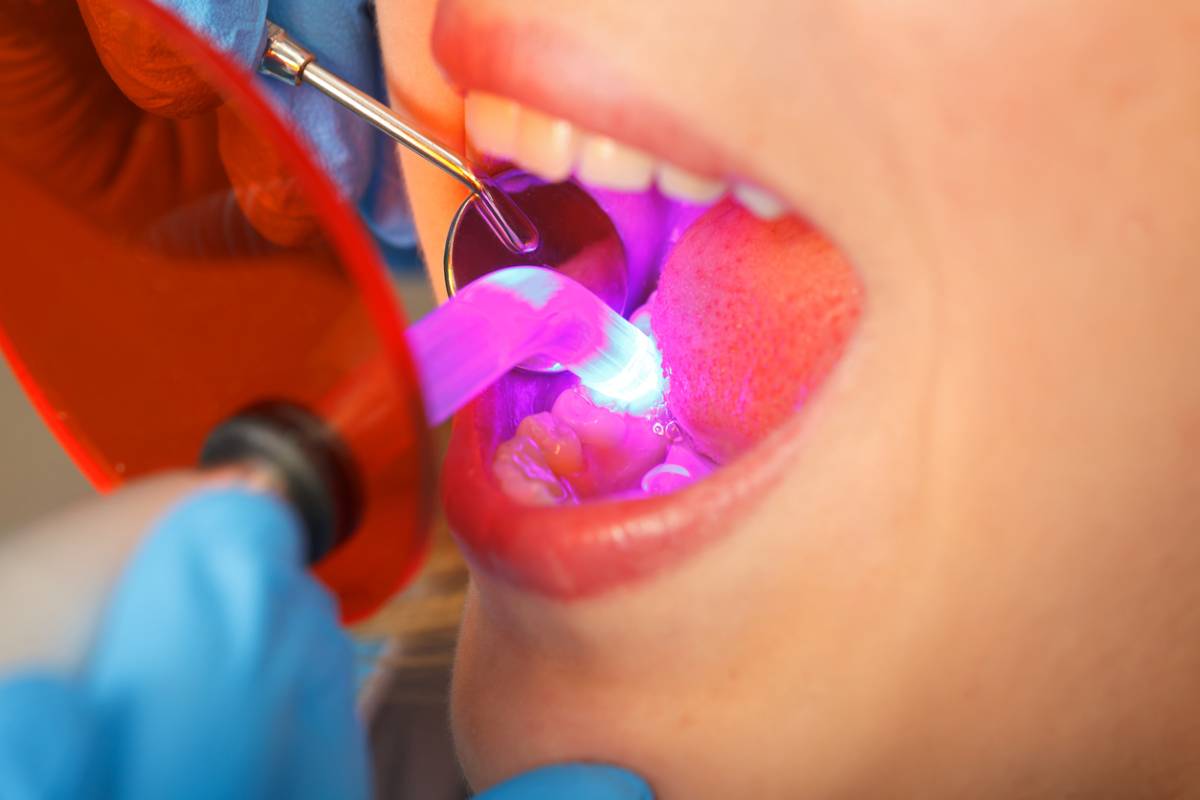Dental bonding is a cosmetic procedure that utilizes a resin composite to address issues such as cracks, chips, and stains on the teeth. It can also be effective in closing minor gaps between the teeth or altering the shape or size of the teeth. But how long does bonding last on the teeth? In this article, we address this question and give tips on bonding care.
How Long Does Dental Bonding Last on the Teeth?
In general, dental bonding tends to last 5 to 10 years. However, the lifespan of your bonding will depend on several factors we discuss below.
Dental Bonding and Oral Hygiene
Daily oral hygiene habits can influence the longevity of your dental bonding in three main ways:
- Food residue and plaque that is not regularly removed from the teeth can cause staining and discoloration of the resin composite, the material used for bonding.
- Plaque is acidic. Even though resin composite is more resistant to acid than the enamel of natural teeth, over time, acid can still weaken the resin’s polymer structure, leading to microcracks and surface erosion.
- Plaque and bacteria that linger on the teeth can cause cavities in the bonded and natural teeth. If the tooth underneath dental bonding develops a cavity, the bonded material usually needs to be removed in that area so the decay can be cleaned and restored correctly.
Thus, a thorough daily hygiene routine and regular professional cleanings at a dental office can help avoid premature bonding wear and health issues in the bonded teeth.
Right Cleaning Products for Bonded Teeth
When cleaning your teeth, we recommend avoiding abrasive toothpaste (for example, containing charcoal or soda) and whitening products. These types of products can damage bonding material, leading to its discoloration.
Dental Bonding and Dietary Habits
We recommend avoiding foods that can damage your dental bonding:
- Hard and crunchy foods can create surface scratches or cause cracks and chips.
- Staining foods and beverages (such as coffee, black tea, red wine, berries, beetroot, soda, etc.) can lead to discoloration. If you consume any staining foods or drinks, rinse your mouth or, if possible, brush your teeth immediately after the meal.
Dental Bonding and Lifestyle Habits
- Never use your teeth as tools (for example, to open bottles or crack nuts) or chew on hard objects (such as pens or nails), as this often leads to damage not only to the bonding material but also to your natural teeth.
- If you participate in contact or extreme sports, wear a mouthguard to protect your dental restorations and natural teeth from physical damage.
- Abstain from smoking as it can cause discoloration of the bonding material and also weaken your natural teeth and gums, leading to oral health issues, such as gum disease.
Effects of Bruxism on Dental Bonding
Involuntary tooth grinding and jaw clenching are called bruxism. Human bite is very powerful, and neither the enamel of our natural teeth nor the resin composite used for dental bonding is designed to withstand the pressure from constant grinding and clenching. Thus, bruxism can lead to your bonding wearing off much quicker or cracks and chips.
Modern dentistry offers several treatment methods for bruxism. Consult your dentist about the options available to you. Also, we recommend wearing a mouthguard at night to protect your teeth and bonding from excessive wear.
Get Dental Bonding at Shodhan Yucaipa
If you are considering dental bonding or any other cosmetic procedure, do not hesitate to make an appointment with an experienced dentist at the Shodhan Yucaipa dental office. Our specialists use high-quality materials and modern methods to provide reliable results to every client.

